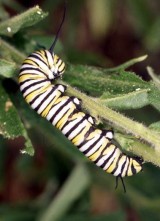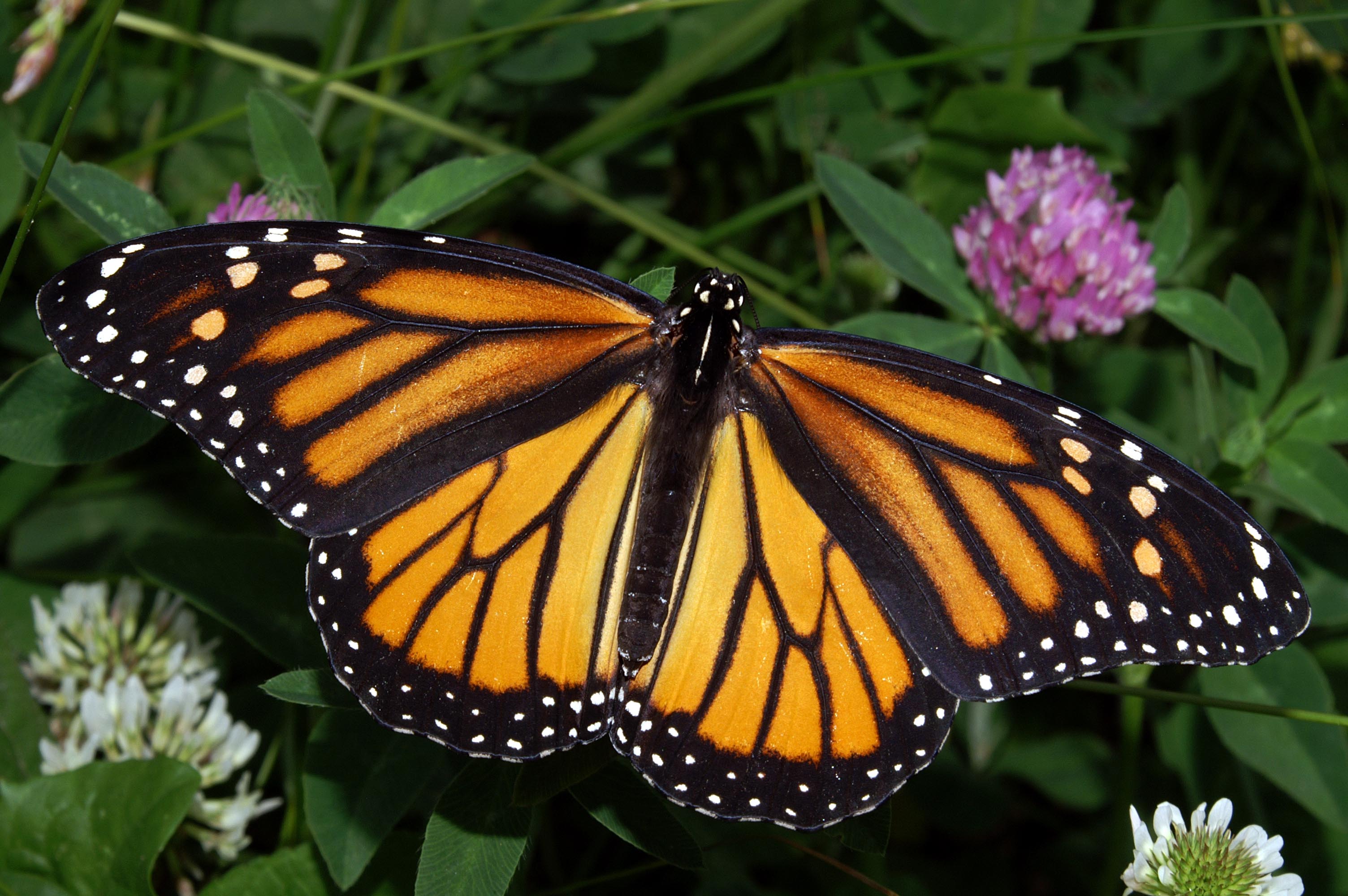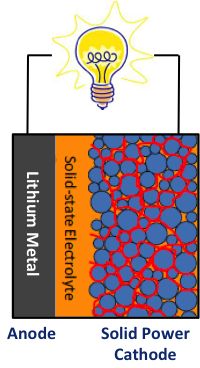
Feature #1: (start time 4:45) As we unpack our coats and boots from storage boxes, so are insects, in their own way, planning for a seasonal change. Monarch butterflies in our neighborhood, east of the Rockies, fly south to very specific forests high in the mountains of Mexico. Their journey, and life at their destination, is a precarious one. Dr. Deane Bowers, a professor and curator of entomology at the CU Boulder Museum of Natural History, speaks with co-host Susan Moran about what is happening now with monarchs and other butterflies. And she discusses how the ability of certain insects, such as caterpillars, to defend themselves against predators by making themselves taste disgusting is being affected by human disturbances, such as nitrogen fertilizer runoff. To get involved in monarch conservation, go to Monarch Watch.
Feature #2: (start time 14:30) One of the greatest limitations of effectively using clean and renewable energy sources is a simple device with which we are all undoubtedly familiar — the battery. Dr. Conrad Stoldt is an associate professor of mechanical engineering at CU Boulder and co-founder of Solid Power, Inc., where he is developing an all-solid-state lithium metal battery. Stoldt talks with co-host Beth Bartel about how batteries work, why batteries are such a stumbling block in the current race to energy solutions, and how his research may just lead to the next big thing.
Hosts: Susan Moran, Beth Bartel
Producer: Susan Moran/Shelley Schlender
Engineer: Jim Pullen
Executive Producer: Susan Moran
Click on audio file below.
Podcast: Play in new window | Download (Duration: 24:33 — 22.5MB)
Subscribe: RSS




